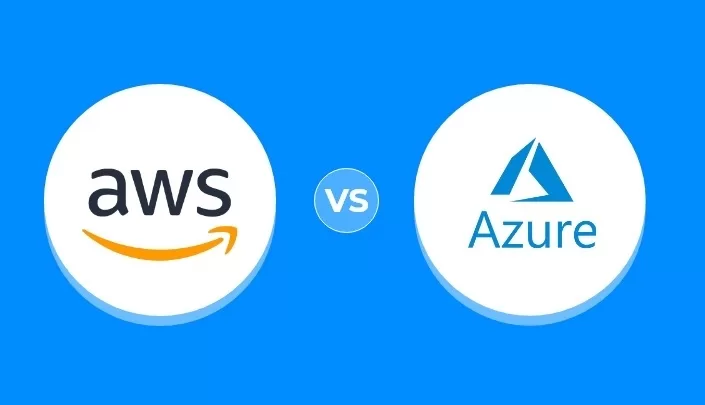Technology
AWS vs. Azure Key Differences

AWS (Amazon Web Services) are built in a specific way so that they operate with each other and generate extensible and productive results. Compared to the currently accessible cloud frameworks, AWS is rated as an ideal cloud framework offering various benefits, including cost reduction and management budget depreciation.
Azure is exclusively known for offering seamless integration to your environment to attain extensibility and productivity. It proffers various incorporated cloud features and services that include web applications, networking, and storage.
Deploying applications
AWS: It does not possess multiple features on app hosting but ultimately offers correlated solutions with container service, elastic beanstalk, Lambda, etc.
Azure: One of the best merits of a cloud service provider is that it is quick and straightforward to deploy an application. By employing the PaaS features, the developers must deploy their application on multiple servers effectively. Azure possesses multiple app deployment mechanisms, including cloud, container services, batch, operations, etc.
User-friendly
AWS: It is the perfect option if you consider learning the system. It exclusively proffers more configurations and attributes. Moreover, IT professionals concur that AWS offers more significant variability, determining power, customization space. It manifests the support for multiple third-party incorporations.
Azure: Azure will be very convenient to use in an imaginative way if you are a Windows administrator. No doubt it is a Windows program, and there is no such new thing to learn. Tools that streamline with Azure are active directories and SQL databases.
Networking
AWS: It exclusively proffers VPC (virtual private cloud), so users can formulate a private network inside the cloud. Moreover, a user can formulate multiple networks inside the VPC, i.e., build private IP address ranges, subnetwork, and routing tables.
Azure: Azure proffers VNET (virtual network); through this, users can efficiently build a private network along with private IP address ranges, subnetwork, and routing tables. Both Amazon and Microsoft proffer solutions to expand the on-preface data center within the firewall and cloud option.
Open-source developers
AWS: It is incredible for open source developers as it appreciates Linux users and provides multiple incorporations for discrete open source applications.
Azure: It offers excellent benefits for the organization’s users to utilize the current direct account, which is easy to use and sign to the Azure cloud framework and operate network framework.
Pricing support models
AWS: This model has a pay-as-you-go feature, where the charge is made for every one hour. Illustrations can be purchased on the models you prefer to use.
Azure: Azure also offers a pay-as-you-go pricing model, but the difference is that the charge they carry is per minute, which offers a more similar pricing model. Moreover, Azure also provides short-term charges with the plan between monthly and prepaid charges.
Bottom line
Both AWS and Azure have their own uniqueness possessing robust capabilities. So choosing one between them is challenging. AWS offers more flexibility with additional functionalities. But Azure is an ideal option when it comes to incorporation and Hybrid cloud with Microsoft stack. So it’s an organization’s choice to choose between these two cloud frameworks.






















































